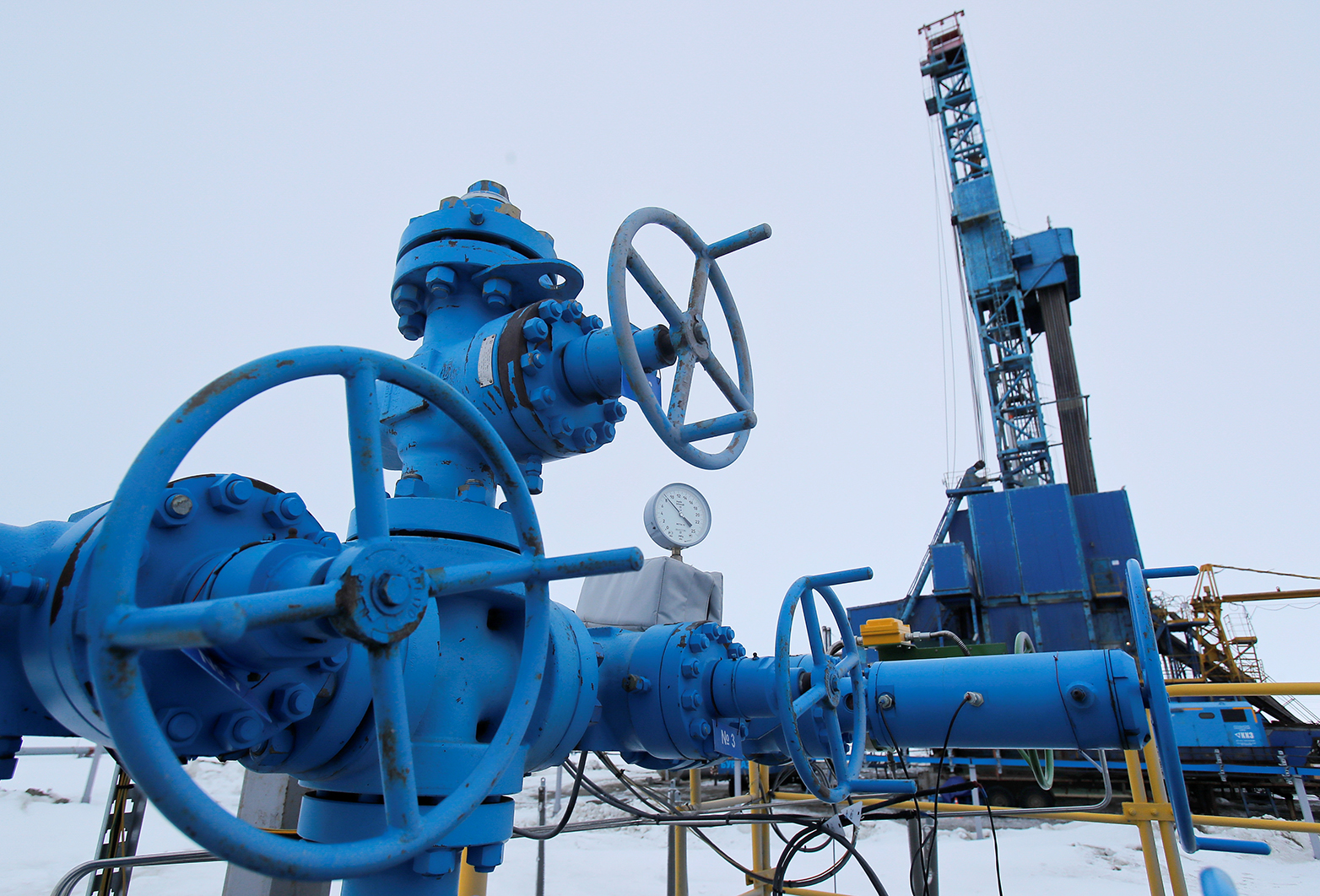Nord Stream 2: It’s Time to Change Perspective
The debate around the Nord Stream 2 gas pipeline is overly politicized. A change in perspective is needed. In the long term, Ukraine as the country most affected could strengthen its position by developing into a green energy producer within the European energy market, argue Jeronim Perović and Maria Shagina in this CSS Policy Perspective.

Valves near a drilling rig, operated by Gazprom, at Bovanenkovo gas field on the Arctic Yamal peninsula, May 21, 2019. Maxim Shemetov / Reuters
Key Points:
- Extraterritorial sanctions against allies may seem like a quick fix, but their implications could be potentially damaging for transatlantic relations. Lessons from Cold War experience are indicative.
- In the increasingly globalized and liberalized gas markets, regulatory powers and other market measures are more effective in mitigating the implications of Nord Stream 2 than heavy-handed sanctions.
- In the long term, decarbonization will reduce Europe’s dependency on oil and gas imports. In this context, Kyiv should try to leverage its position as a future non-fossil energy producer.
- The discussion over Nord Stream 2 should be used as an opportunity for the US and EU to cooperate on initiatives that would reduce Europe’s dependency on fossil energy and strengthen Ukraine’s position as a green energy producer within the European energy market.